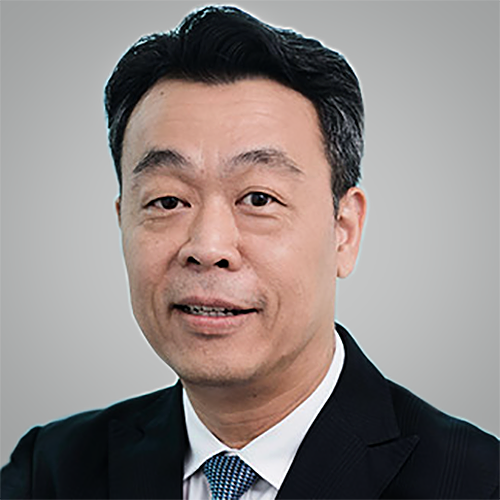The traditional approach to private equity (PE) investing, raising committed capital for a fund from external investors and then deploying the capital into investments that its managers source and decide are worthwhile, is getting more refined.
With the vast array of prospective opportunities now available, private equity managers are tweaking the traditional PE investment model to make it more suitable for evolving demands of institutional and high net worth investors.
The growing demand for "impact investing" in emerging markets, for example, has pushed some private equity fund managers to embed environmental, social, and governance (ESG) standards into their investment process, something that may be challenging in emerging markets where ESG is not yet fully developed.
Although they are similar "impact investing" and "ESG investing" are not exactly the same.
"Impact investing is the investment into a company, fund or organization with the intention of generating a measurable environmental and/or social impact alongside financial return. Impact investing proves that business is not zero-sum: that it is possible to "do good" and "make money" at the same time," says Jennifer Ballen, global manager of Packaging and Circular Economy for AB InBev and the founder of The Sustainable Investor.
The challenge for private equity investors is how to put together impacting investing and emerging market investing in a manner that will meet requirements of institutional investors.
With this challenge in mind, Alternative Investment Partners (AIP), a special team within Morgan Stanley Investment Management (MSIM), has focused on seeking out private equity fund managers in emerging markets that can do impact investing.
Impact investing can mean different things to different people. For AIP, impact investing means incorporating SRI (sustainable responsible investing) principles as a first step. This means screening their investments against alcohol, tobacco, firearms and other SRI-eliminated assets.
The second step involves embedding ESG (environmental, social, and governance) criteria into its risk management strategy. This means using ESG as a seal of good housekeeping for its investment process.
In addition, AIP seeks out factors that will ensure additional financial returns while providing positive social or environmental impact.
"An environmental impact is easy because you see it. Social impact is more complex since everybody's definition of social impact is very particular to them and we're not pretending to solve all the social problems that exist in the world through our investment strategy," says Vikram Raju, executive director, Alternative Investment Partners of Morgan Stanley Investment Management Limited.
Raju, who covers emerging markets for AIP, originally based in London, is relocating to Hong Kong in order to focus more on the Asian markets. For AIP, there is a strong bias towards social impact investing in emerging markets, particularly in large scalable emerging markets. This is why Raju is responsible for both areas.
Although AIP invests in private markets, it is different from Morgan Stanley Private Equity, another unit of MSIM.
The main difference is that the AIP Private Markets team provides investors access to broadly-diversified and thematic multi-manager portfolios, secondaries, co-investments, impact investing strategies and custom solutions, while Morgan Stanley Private Equity specializes in privately negotiated minority investments.
These private equity funds that AIP invests in are managed by specialized managers who are niche players with the expertise but have only limited capital. AIP also looks at the level of technical expertise of the management teams of the companies where the funds invest in. AIP looks at whether the management teams have skills to capture the opportunities presented by the investment. These skills are in the form of specialized market knowledge and the ability to undertake transformational strategies within their companies. AIP calls this the "right to succeed".
"We're looking essentially at three buckets. We're looking at the relative amount of capital. Then we look at whether there is an opportunity for companies to emerge, scale and exit. And the third way of looking at it is the fund managers or teams we can back who have the technical right to succeed to capture this opportunity. Especially in an emerging market, do they have the resilience to make changes that will inevitably happen when you operate in these markets?" Raju ponders.
"Historically, this type of strategy emerged in the US, which has the most advanced private equity market in the world and is now a trend in Europe. In emerging markets, it's still the smallest part of the portfolio because these markets don't have that level of specialization. But it is growing," Raju says.









